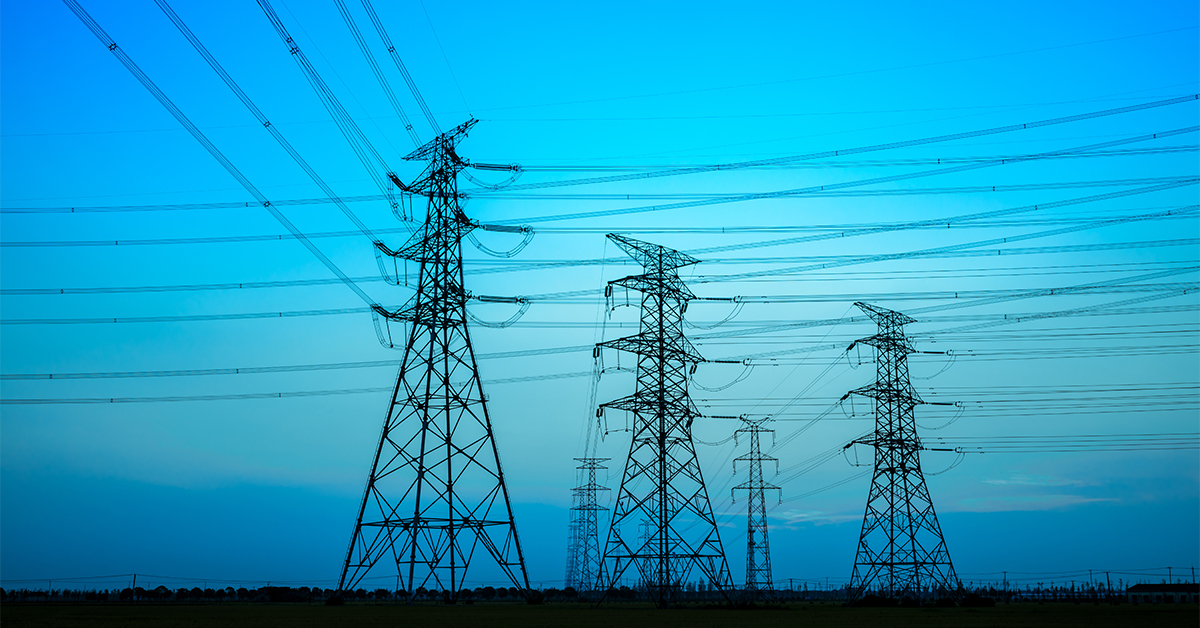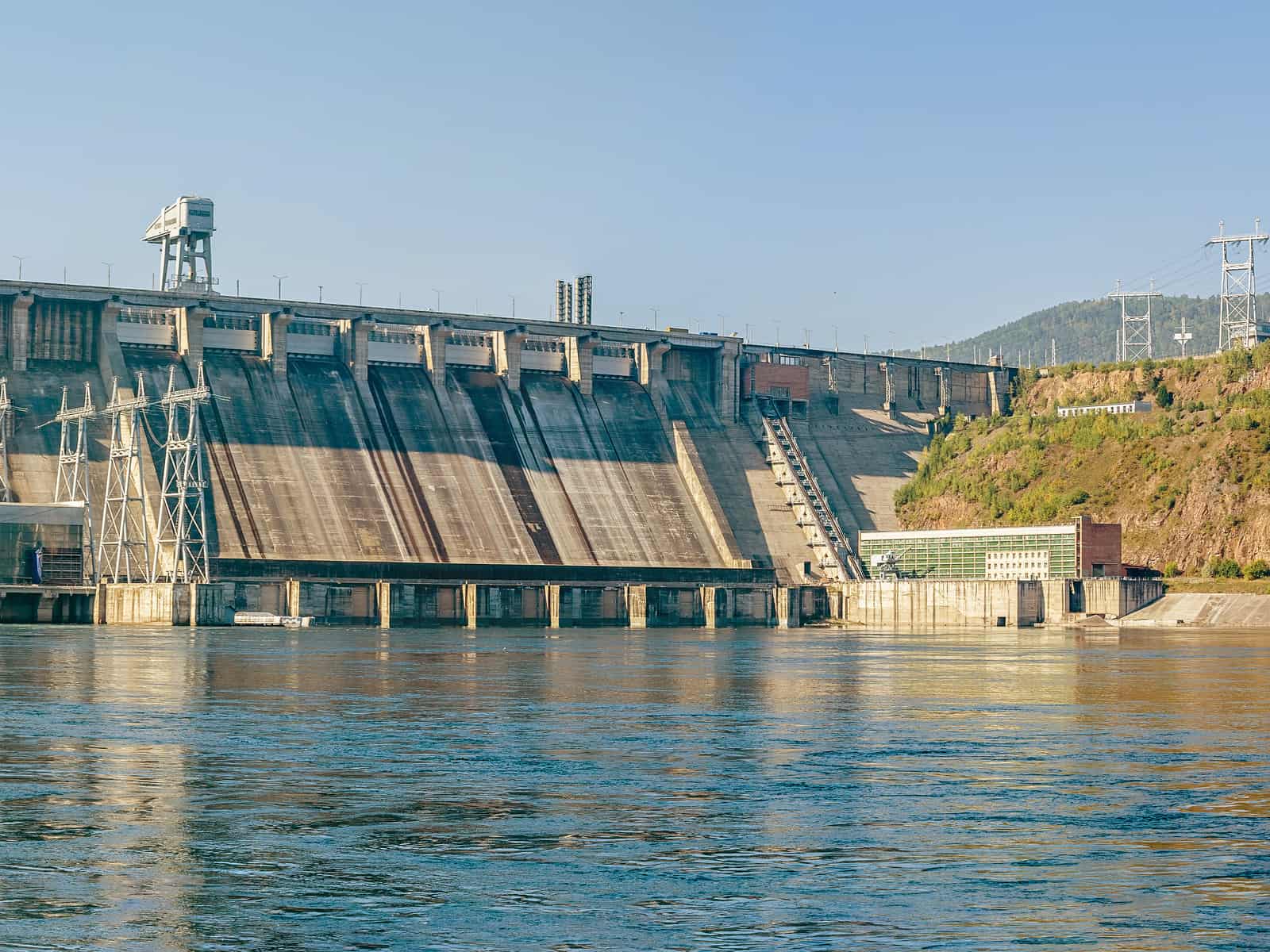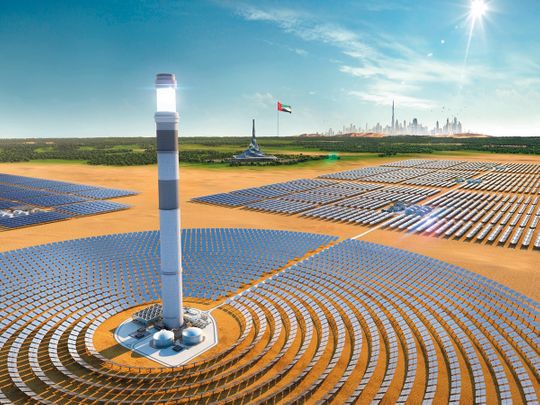Challenges in electricity generation
Electricity generation plays a crucial role in meeting the energy demands of modern society. However, this process is accompanied by various challenges that need to be addressed for a sustainable and reliable power supply. In this essay, we will discuss some of the major challenges in electricity generation, ranging from environmental concerns to technological limitations and grid integration issues.
One of the foremost challenges in electricity generation is the environmental impact associated with conventional power sources. Fossil fuel-based power plants, such as coal and natural gas, are major contributors to greenhouse gas emissions and air pollution. These emissions have detrimental effects on climate change, air quality, and public health. To mitigate these impacts, there is a pressing need to transition towards cleaner and more sustainable energy sources. Renewable energy sources, such as solar, wind, hydro, and geothermal, offer a promising solution. However, their integration into the existing electricity grid poses its own set of challenges. Firstly, the intermittent nature of renewable energy sources makes it difficult to ensure a consistent and reliable power supply. Solar and wind power generation is dependent on weather conditions, and their output can fluctuate significantly. This variability requires the development of energy storage technologies and advanced grid management systems to balance the supply and demand of electricity effectively.
Renewable energy sources, such as solar, wind, hydro, and geothermal, offer a promising solution. However, their integration into the existing electricity grid poses its own set of challenges. Firstly, the intermittent nature of renewable energy sources makes it difficult to ensure a consistent and reliable power supply. Solar and wind power generation is dependent on weather conditions, and their output can fluctuate significantly. This variability requires the development of energy storage technologies and advanced grid management systems to balance the supply and demand of electricity effectively.
Another challenge in renewable energy integration is the availability of suitable sites for large-scale installations. Solar farms and wind turbines require vast areas of land or sea, which can pose challenges in terms of land use, environmental impact, and public acceptance. Additionally, renewable energy projects often face regulatory hurdles, permitting delays, and community opposition, which can hinder their implementation and increase project costs.
In addition to environmental and grid integration challenges, there are technological limitations that need to be overcome in electricity generation. Traditional power plants have been optimized for fossil fuel combustion, and transitioning to new technologies can be complex and costly. For example, the efficiency of solar panels and wind turbines needs to be improved to maximize energy output and reduce costs. Similarly, advancements in energy storage systems, such as batteries, are crucial to store excess energy from renewable sources and ensure a steady supply during periods of low generation.
Furthermore, the aging infrastructure of the electricity grid presents a significant challenge. Many power grids around the world were built decades ago and are not designed to handle the increasing demands of modern society or the integration of renewable energy sources. Upgrading and modernizing the grid infrastructure is essential to enhance its capacity, reliability, and resilience. This includes investments in smart grid technologies, digital monitoring systems, and grid interconnections to enable efficient transmission and distribution of electricity. Energy security is another challenge in electricity generation. Dependence on a single energy source or a limited number of suppliers can create vulnerabilities in the energy supply chain. Diversifying the energy mix and promoting energy independence through domestic resources and regional cooperation can enhance energy security and reduce geopolitical risks.
Energy security is another challenge in electricity generation. Dependence on a single energy source or a limited number of suppliers can create vulnerabilities in the energy supply chain. Diversifying the energy mix and promoting energy independence through domestic resources and regional cooperation can enhance energy security and reduce geopolitical risks.
Cost is a significant consideration in electricity generation. While renewable energy costs have been declining, they still face challenges in competing with conventional power sources, which have well-established infrastructure and economies of scale. Government support through incentives, subsidies, and research and development funding is crucial to accelerate the deployment of renewable energy technologies and make them cost-competitive. Lastly, societal acceptance and public engagement play a crucial role in shaping the future of electricity generation. Building public awareness, addressing concerns about renewable energy projects, and involving local communities in the decision-making process are essential for successful implementation. Educating the public about the benefits of renewable energy, including job creation, economic growth, and environmental sustainability, can help overcome resistance and foster a supportive environment for clean energy transitions.
Lastly, societal acceptance and public engagement play a crucial role in shaping the future of electricity generation. Building public awareness, addressing concerns about renewable energy projects, and involving local communities in the decision-making process are essential for successful implementation. Educating the public about the benefits of renewable energy, including job creation, economic growth, and environmental sustainability, can help overcome resistance and foster a supportive environment for clean energy transitions.
In conclusion, electricity generation faces numerous challenges that must be addressed to ensure a sustainable, reliable, and affordable power supply. Environmental concerns, grid integration issues, technological limitations, aging infrastructure, energy security, cost competitiveness, and public acceptance all require concerted efforts from governments.
In conclusion, the challenges in electricity generation are diverse and require comprehensive solutions to ensure a sustainable and reliable energy supply. Environmental concerns, such as greenhouse gas emissions and air pollution from conventional power plants, highlight the urgent need to transition towards cleaner and renewable energy sources. While renewable energy offers a promising solution, the intermittent nature of sources like solar and wind power presents grid integration challenges that require advanced storage technologies and grid management systems. Moreover, the availability of suitable sites for large-scale renewable energy installations, along with regulatory hurdles and community opposition, adds complexity to the deployment of clean energy projects. Overcoming these challenges requires collaboration between governments, industry stakeholders, and local communities to identify appropriate locations, address environmental concerns, streamline regulatory processes, and promote public acceptance.
Moreover, the availability of suitable sites for large-scale renewable energy installations, along with regulatory hurdles and community opposition, adds complexity to the deployment of clean energy projects. Overcoming these challenges requires collaboration between governments, industry stakeholders, and local communities to identify appropriate locations, address environmental concerns, streamline regulatory processes, and promote public acceptance.
Technological limitations in electricity generation, including the efficiency of renewable energy systems and the development of energy storage technologies, need to be addressed to maximize energy output, reduce costs, and ensure grid stability. Research and development investments, as well as collaboration between academia, industry, and government institutions, are essential in driving innovation and technological advancements in the energy sector.
The aging infrastructure of the electricity grid poses reliability and capacity challenges. Modernizing and upgrading the grid infrastructure with smart grid technologies, digital monitoring systems, and grid interconnections can enhance its efficiency, reliability, and resilience. Governments and energy companies need to invest in grid infrastructure to accommodate the increasing demands of electricity and facilitate the integration of renewable energy sources.
Energy security is another critical challenge in electricity generation. Diversifying the energy mix, reducing dependence on a single energy source or limited suppliers, and promoting regional cooperation can enhance energy security and reduce geopolitical risks. Countries should prioritize the development of domestic energy resources, promote energy independence, and establish robust international energy partnerships to ensure a stable and secure energy supply.
Cost competitiveness is a significant consideration in electricity generation. While renewable energy costs have been decreasing, they still face challenges in competing with conventional power sources. Government support through incentives, subsidies, and research and development funding is crucial to accelerate the deployment of renewable energy technologies, achieve economies of scale, and make them cost-competitive with fossil fuels.
Lastly, societal acceptance and public engagement are vital for the successful implementation of electricity generation projects. Building public awareness, addressing concerns, and involving local communities in the decision-making process are key to fostering support and overcoming resistance. Education campaigns highlighting the benefits of renewable energy, such as job creation, economic growth, and environmental sustainability, can help shift public opinion and promote a positive perception of clean energy transitions.
In conclusion, addressing the challenges in electricity generation requires a holistic approach that encompasses environmental stewardship, technological advancements, grid modernization, energy security measures, cost competitiveness, and effective public engagement. Governments, industry stakeholders, and communities must work together to foster innovation, implement supportive policies, and drive the transition towards a sustainable and reliable energy future. By overcoming these challenges, we can pave the way for a cleaner and more sustainable electricity generation system that meets the needs of present and future generations







































